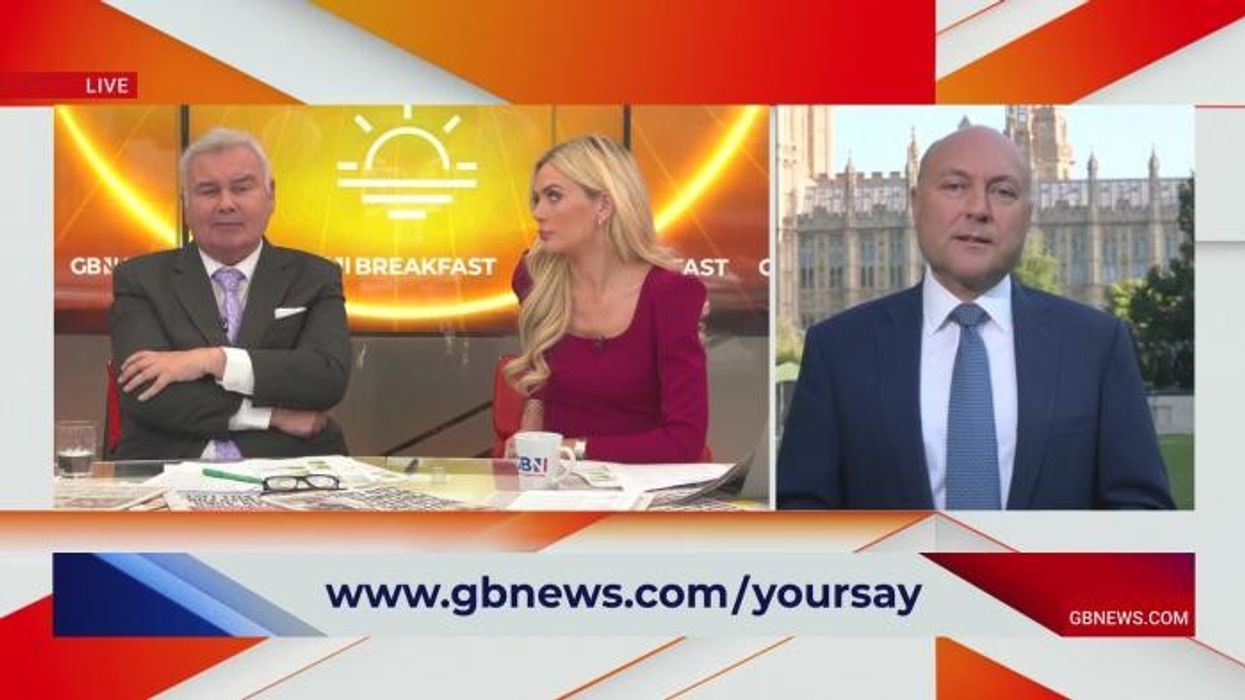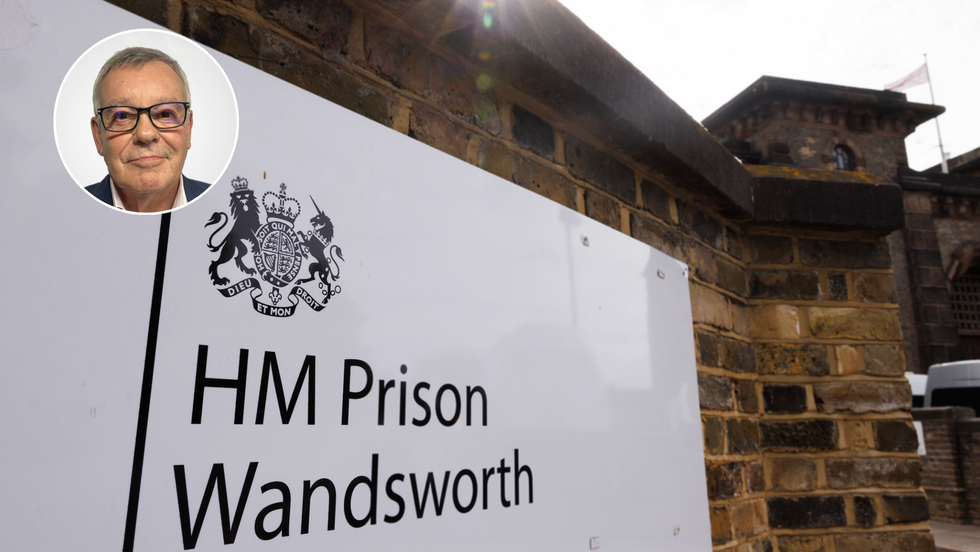Labour's knee-jerk reaction to the asylum hotel protests could see criminals roam free - Nigel Nelson

GB

Booting foreign criminals out of Britain is a good plan - in theory
Don't Miss
Most Read
Trending on GB News
Booting foreign criminals out on conviction sounds like a good plan if it works. But it may not turn out to be quite as simple as ministers make out.
The benefits are obvious. It costs an average of £54,000 each to keep prisoners in jails for a year, so with 10,000 foreigners inside them, this represents a considerable saving to the taxpayer.
And as Justice Secretary Shabana Mahmood says, why should we pay for their board and lodging after they have cocked a snook at our hospitality by breaking our laws?
**ARE YOU READING THIS ON OUR APP? DOWNLOAD NOW FOR THE BEST GB NEWS EXPERIENCE**
There is the feeling that this is a knee-jerk reaction to protests outside asylum hotels, but if this move might dissipate some of the protestors’ anger and discourage them from doing it, that is also to the good.
But breezily saying that international law allows these deportations cannot be the end of it.If convicts are to serve their time in their own home jails, then we are going to need the cooperation of the countries concerned to enforce that.
The very least they are going to have to do is send a prison van to pick up their offenders at airports to cart them off to their own jails.
Under the present system, we have deals with 110 countries, so foreign cons get locked up in their own cells after serving 50 per cent of their sentences here. That is about to be reduced to 30 per cent.

Labour's knee-jerk reaction to the asylum hotel protests could see criminals roam free - Nigel Nelson
|Getty Images
And now the plan is for them to spend zero per cent behind British bars. Their own countries might have something to say about this, as they will have to pick up 100 per cent of the tab for their jail time.
Prisoner swap deals are complicated to negotiate, relying on a mixture of bilateral and international agreements. Brexit threw a bit of a spanner in the works for a while when it came to Europe.
Some of these deals - such as with India and Bangladesh - rely on getting a prisoner’s consent for transfer. This has not always been easy, as life in a British jail is often preferable to conditions in their home countries.
But it has also been overcome. Britain was able to renegotiate a voluntary return agreement with Nigeria to make it a compulsory one.
And we provide inducements. One in 10 of the foreigners in our jails are Albanians, but thanks to a deal struck in 2023, they can now be sent home to serve their sentences there.
Along with another agreement to send back irregular migrants, which has helped reduce Albanian Channel crossings by 90 per cent. But it came at a cost. The prisoner transfer deal involved giving Albania £4.4million for refurbishing jails, improving security, and training warders.
It also went on to fund a fleet of prison vehicles. We also pay for the transfers, which were estimated at £8million over two years.
There are other levers we can pull to get countries to take back their wrong ‘uns - such as cutting down their visa quotas if they don’t want to play along.
And it is right that terrorists are not included in this scheme, so we can keep an eye on them behind bars here rather than risk them being able to threaten Britain again.
But we need to think this one through if we believe prison to be a deterrent to crime.
There is nothing to stop countries from simply waiving their returnees through at the arrivals gate and letting them roam free without any further punishment.
And if the only deterrent is a ticket home paid for by the British taxpayer, that does not sound like much of a deterrent at all.










